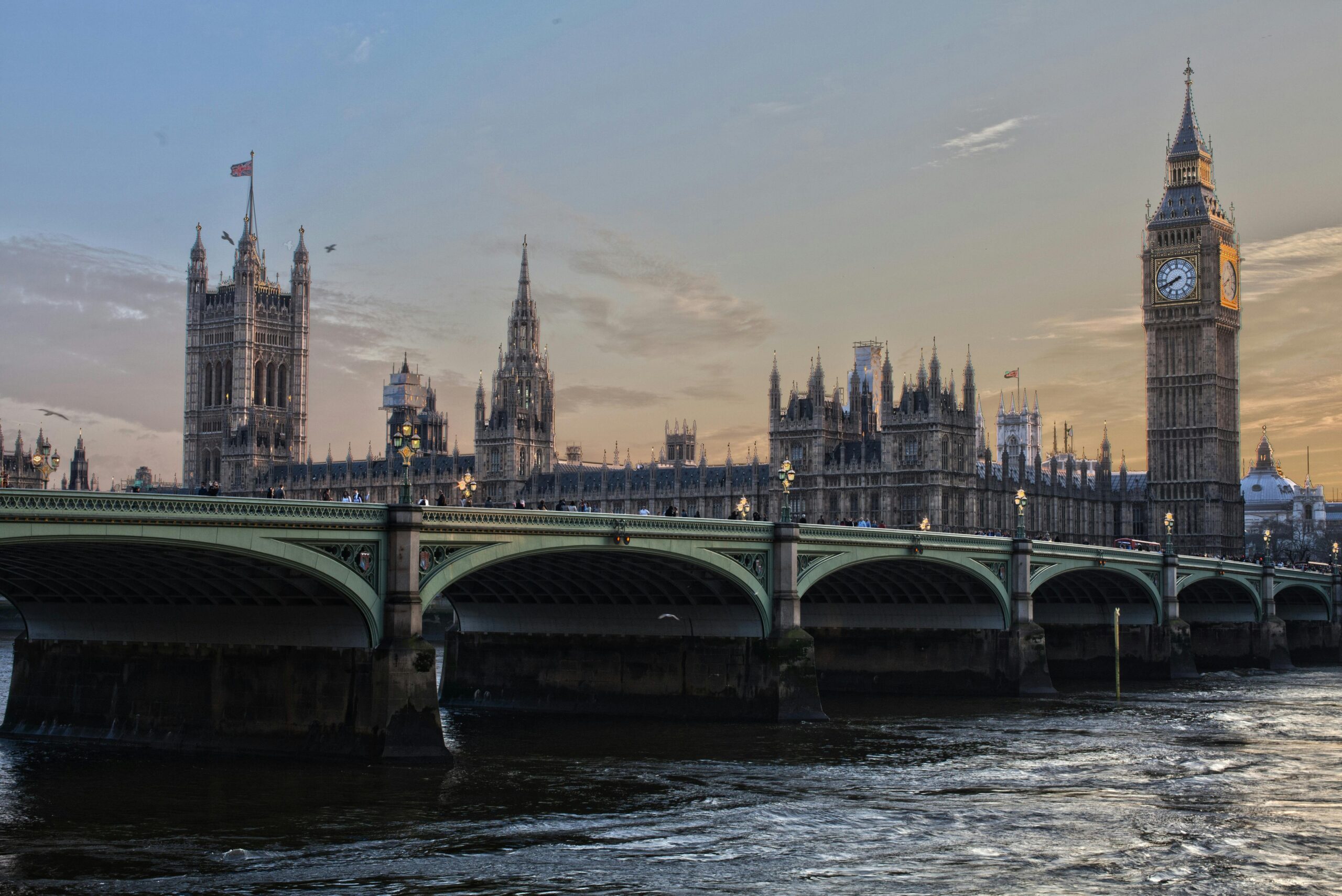Jingrong Tong, Senior Lecturer in Media and Information Studies at the University of Sheffield, examines how access to information has been slowly eroding in the UK
Journalists in the United Kingdom find themselves coming up against a number of challenges, including online and offline harassment, the use of the law to silence public interest reporting (SLAPPs) and passing of particular legislation that could threaten public interest reporting, such as in the National Security Act 2023.

In addition to this, journalists are also finding that their access to information is being limited. In recent years, journalists have found their access blocked at events like the Southport tragedy, Labour conference, and even a No 10 briefing. While the introduction of the Freedom of Information (FOI) Act 2000 was a step forwards in improving government transparency, it was not the silver bullet journalists hoped it would be. For example, a few years ago, a clearing house was assembled hindering freedom of information. While it was later disassembled, the fact remains that UK journalists continue to experience difficulties in getting prompt and quality FOI responses, with it being revealed recently that the Ministry of Defence even had a guide to keeping secrets. All of this is to say that improving transparency does not seem to be happening. However, how bad is the situation?
For the last couple of years, I have spoken with more than thirty journalists to understand their information access and perceptions of media freedom in the UK. The journalists I interviewed were from a wide range of news organisations including national and local news outlets, independent news media, and digital news media. What was clear from these interviews is that journalists cherish the media freedom that they have in the UK, acknowledging that it is much better than other countries where journalists may be put behind bars for daring to criticise the government or, in the bleakest scenario imaginable, murdered. Nonetheless, the scenario in the UK is not all positive. With each journalist I spoke to, they told me the same thing: journalistic access in the UK has become increasingly restricted. This is a widespread problem for journalists working across the various news outlets, whether large or small, national or local.
Journalists state that the problem tends to manifest in two ways. The first is related to the barriers in public authorities’ handling of their FOI requests. It has become the norm for FOI requests to not be handled promptly. Oftentimes they are delayed or the data that is sent might not be useful or out-of-date by the time it is received. For example, one journalist stated that: “The amount of organisations who break the time limit is just par for the course now.” While FOI requests are supposed to be responded to within 20 days, this often does not happen. In addition to this, journalists are finding that data protection and commercial confidentiality are being used as reasons not to disclose information, emphasising a tightening vice of government secrecy over sensitive topics. The FOI was first introduced to an “initial phase of enthusiasm” but by now this had all but “dissipated.”

The second problem is embedded in the day-to-day journalist access to government information. This is a lesser known problem, but one that has been exposed in recent events like the disappearance of Nicola Bulley, the Nottingham stabbing, and the murder of PC Keith Palmer, where government departments failed to brief the news media and to “fill the information vacuum”.
This means when rumours were madly circulated on social media, the press could not correct them as they did not have the information. The situation could have been better if the police provided information to the press on time. Journalists have increasingly found themselves coming up against press officers, making it increasingly difficult for them to gain access to information, and in one circumstance “local council staff members had even been asked to sign a contract that required them not to talk to the press.” As a senior political correspondent of a national newspaper with 15 years of journalistic experience stated: “A lot of the time when you’re dealing with government press officers for departments, it feels as though they are trying to prevent you from getting information, rather than sharing information with you.” As one editor of a regional newspaper said, long gone are the “good old days” when you just spoke directly to the police. Today, journalists face a number hurdles, including reluctancy of press officers to speak to them, playing down their stories and even threatening whistleblowers.
This paints a bleak picture for access to information in the UK. In recent years, governments have been increasingly reluctant to speak to journalists against the backdrop of uncertain public sentiments and antagonism in politics. Against a backdrop of public trust in British politics reaching a historic low, governments and politicians are afraid of public backlash or being the subject of embarrassing news articles. After all, media exposure of political scandals and wrongdoing, such as the PartyGate scandal, not only undermines public trust in government and politicians but can also inflame public anger to the point of contributing to toppling a government. Relationships between journalists and other government branches, such as the police, are on shaky ground and in some cases, these relationships are even broken. Long-term austerity, particularly at the local level, has diminished governments’ ability to support journalists’ access to information, which only contributes to the frustration journalists feel when seeking access to information under the FOI.
But, what can we do to make a change? My interviews with journalists outlined several solutions to improve the situation. The first is that the FOI Act needs to be reformed, in particular, related to governments’ outsourcing companies. Years ago, news media such as the Guardian already advocated that “private firms working for the uk government should be subject to FOI rules”. Secondly, sufficient resources for handling FOI requests would be helpful to soothe the current problem. In addition, UK governments need to change their attitude toward news media, and training for government developments and officials, particularly the police, is much needed. These are not solutions that can be implemented overnight. It will take time, effort and resources, but it will help to build positive relationships and show the UK’s commitment towards protecting public interest reporting.
You can find the full research here.
